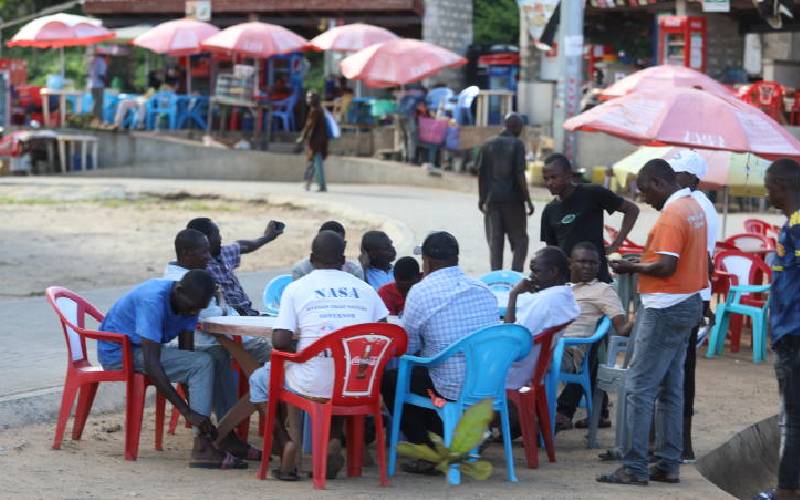
It might be the hilarious wise sayings inscribed in their lesos. Or perhaps their own way of doing things – with no hurry.
It might also be the beautiful therapeutic scenes of the coastal line or the sweet melodious...
It might be the hilarious wise sayings inscribed in their lesos. Or perhaps their own way of doing things – with no hurry.
It might also be the beautiful therapeutic scenes of the coastal line or the sweet melodious...